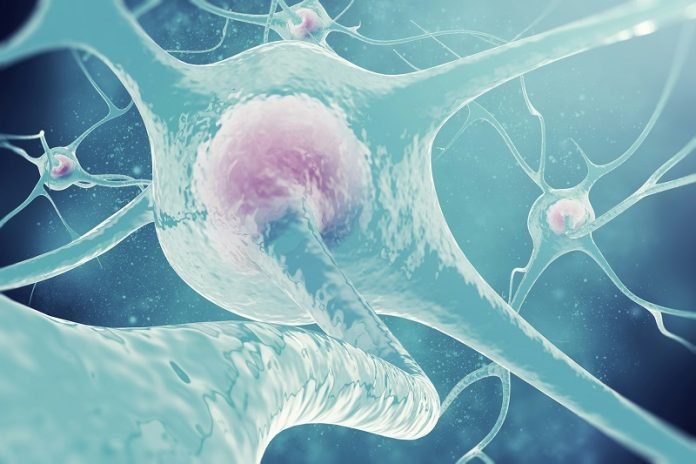
Researchers have long been puzzled by a curious fact: more men than women are diagnosed with Parkinson’s disease.
The reasons behind this gender disparity have remained elusive, but recent findings by a team from Aarhus University in Denmark might shine a new light on this mystery.
Professor Marina Romero-Ramos and her team have made a significant discovery, as detailed in their article published in npj Parkinson’s Disease.
They’ve focused on a specific receptor called CD163, a protein mainly found in the body’s blood-immune cells that play a role in devouring harmful substances.
This protein is particularly active in the immune response related to the aggregation of a protein called a-synuclein, which is a hallmark of Parkinson’s disease.
What’s groundbreaking about their discovery is the protective role CD163 seems to play, especially in women. Romero-Ramos explains that CD163 is involved in controlling how lymphocytes, a type of white blood cell, enter the brain during the deterioration of nerve cells.
This finding is especially relevant because of the protein’s apparent neuroprotective role, which seems to be more pronounced in females.
This research adds a critical piece to the puzzle of why Parkinson’s disease affects men and women differently.
According to Romero-Ramos, the differences in how often men and women develop Parkinson’s, as well as variations in how the disease manifests in different genders, might be linked to differences in immune responses.
The study suggests that in Parkinson’s disease, there’s an increased expression of CD163, which might be the body’s way of trying to protect neurons, particularly in females.
This insight is not just fascinating in terms of understanding the disease better; it also opens up new avenues for research.
Romero-Ramos hopes this discovery will lead to more studies focusing on the immune system’s role in Parkinson’s disease and how this role differs between men and women.
In essence, this study from Aarhus University provides an important clue in understanding the gender differences in Parkinson’s disease.
By highlighting the role of CD163 and its potential as a protective mechanism in the brain, especially for females, researchers are a step closer to unraveling the complexities of this neurodegenerative disorder.
This could eventually lead to more effective, gender-specific treatments and a better understanding of the mechanisms underlying Parkinson’s disease.
The implications of this research are vast. For one, it sheds light on the importance of considering gender differences in medical research, especially in neurodegenerative diseases.
It also suggests that treatments for Parkinson’s disease could be tailored more effectively if they take into account these gender-specific immune responses.
Understanding the role of CD163 could lead to new therapeutic strategies. If researchers can figure out how to boost the protective effects of CD163, especially in men who are more prone to Parkinson’s, it could change the course of treatment for this challenging disease.
Moreover, this discovery emphasizes the role of the immune system in neurodegenerative diseases. It’s a reminder that the brain’s health is deeply interconnected with the body’s overall immune response.
The study may inspire further research into how other immune factors contribute to Parkinson’s and similar conditions.
In conclusion, the work of Professor Romero-Ramos and her team is a significant step forward in the fight against Parkinson’s disease.
Their focus on the CD163 protein opens up new possibilities for understanding and potentially treating this disease more effectively, with a particular emphasis on the differences between men and women.
As research continues to evolve, it brings hope that one day, Parkinson’s disease can be managed more successfully, with treatments that are customized to the needs of each patient based on their unique biological makeup.
Copyright © 2024 Knowridge Science Report. All rights reserved.



